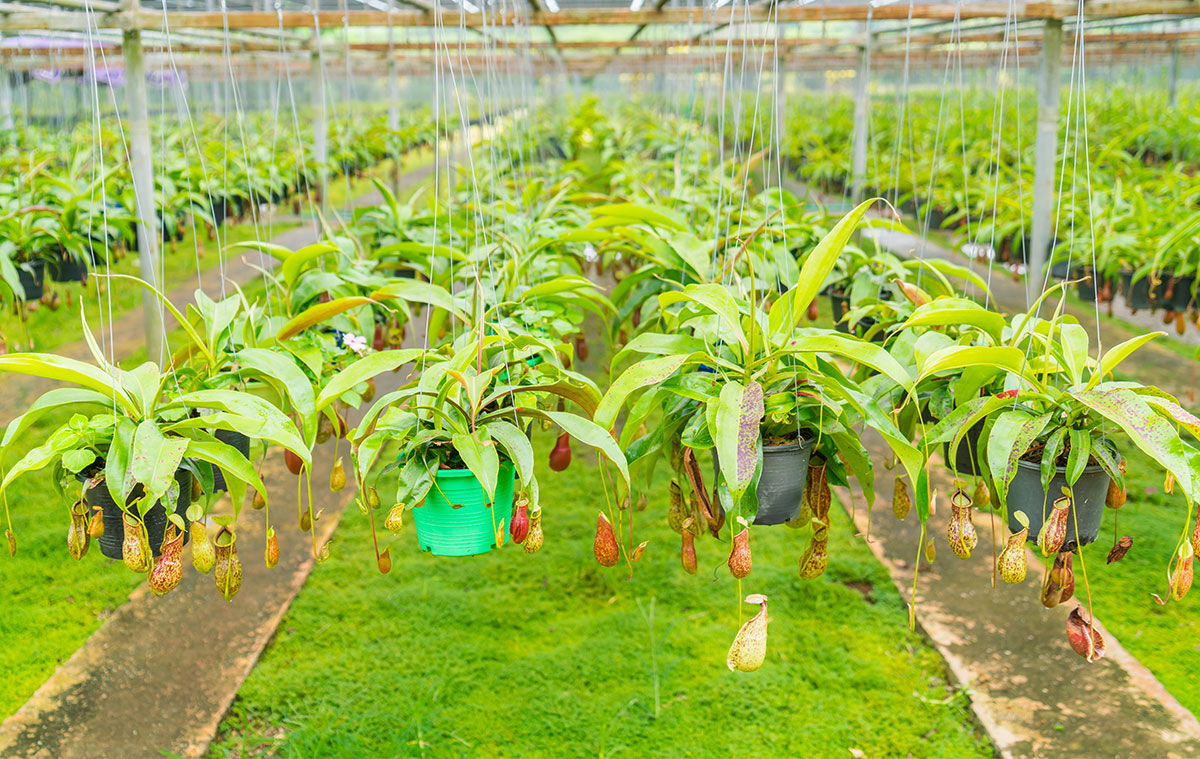PERMENTAN NO. 98/2013 LIMITS AREA, BUT EXPANDS OBLIGATIONS, FOR PLANTATION COMPANIES IN INDONESIA
BY : Law Office Yang & Co
The government of the Republic Indonesia has set higher qualifications for plantation companies by issuing Regulation of the Minister of Agriculture No. 98/PERMENTAN/OT.140/9/2013 of 2013 concerning the Guidelines of Plantation Business Licensing ("Permentan No. 98/2013"). Permentan No. 98/2013 was issued on 30 September 2013 and shall be effective as from 2 October 2013. The purpose of issuance of Permentan No. 98/2013 is to restructure the Regulation of the Minister of Agriculture No. 26/PERMENTAN/OT.140/2/2007 of 2007 ("Permentan No. 26/2007").
A. Limitation on Plantation Area
Permentan No. 98/2013 clearly states that any plantation company or business group holding valid Plantation Cultivation License (Izin Usaha Perkebunan untuk Budidaya/”IUP-B”) or Plantation Business License (Izin Usaha Perkebunan/”IUP”) shall comply with the new limitation for plantation area. In principal, the size of plantation area is subject to the main commodity produced by the said holder. While it is clear what shall be defined as plantation company, Permentan No. 98/2013 introduces the definition of business group as any group of people or plantation companies that binds one another in terms of ownership, management, and or financial. The limitation as discussed in Permentan No. 98/2013 is as follows:
IUP-B
| Comodity | Area Limit (in Hectare) |
|---|---|
| Coconut | 40,000 |
| Rubber | 20,000 |
| Coffee | 10,000 |
| Cocoa | 10,000 |
| Cashew Nut | 10,000 |
| Pepper | 1,000 |
| Clove | 1,000 |
| Cotton | 20,000 |
IUP
| Comodity | Area Limit (in Hectare) |
|---|---|
| Palm Oil | 100,000 |
| Tea | 20,000 |
| Sugar Cane | 150,000 |
The limitations as set forth above do not apply to State-Owned Enterprises (Badan Usaha Milik Negara/BUMN) and Regional-Owned Enterprises (Badan Usaha Milik Daerah/BUMD), cooperatives, and public listed companies.
B. Expanding Obligations of IUP Holder
Permentan No. 98/2013 requires the holder of IUP-B with plantation cultivation business area of 1,000 hectares or more, tea cultivation business areas of 240 hectares or more, or sugar cane cultivation business areas of 2,000 hectares or more, to integrate its business with plantation product processing business. Consequently, Permentan No. 98/2013 obliges the IUP-B holder to obtain IUP for its integrated plantation business.
Permentan No. 98/2013 also requires holder of IUP-B or IUP with plantation area of 250 (two hundred fifty) hectares or more to facilitate the development of the community’s plantation. The holder shall allocate at least 20% (twenty percent) of the plantation area granted for the holder of IUP-B or IUP for such development purpose.
Permentan No. 98/2013 requires the community’s plantation to be located outside of the plantation area of the holder of IUP-B or IUP. The criteria of community qualified to receive the facility from the holder of IUP-B or IUP shall be based on the proposal provided by the head of sub-district (Camat) where the plantation area is located. The community shall also meet the following requirements:
- The community must be the group of owners of land that is being physically used by the company for the plantation business development, and shall also have lower income than the average income in accordance with the applicable law;
- The community must reside around the IUP-B or IUP area; and
- The community is capable to manage the plantation provided by the company.
The exception for providing area for the community’s plantation only applies to cooperatives.
Permentan 98/2013 also introduces divestment as a compulsory requirement for palm oil processing industry having its commercial operations exceeding 5 (five) years after the commencement of the said operation. Permentan 98/2013 requires any palm oil processing industry that have formed a joint operation with local farmer cooperatives for conducting divestment for at least 5% (five) percent shares to its cooperative partner after five years as from the commencement of its commercial operations. This divestment shall gradually reach 30% (thirty percent) by the fifteenth year of the palm oil processing industry’s commercial operation. The divestment requirement as introduced in Permentan 98/2013 was not stipulated in Permentan No. 26/2007.



